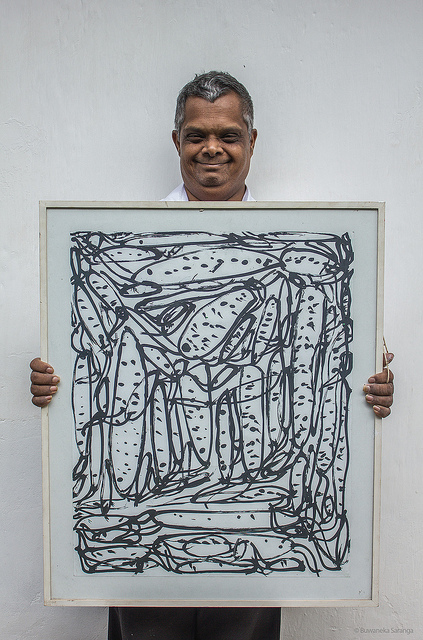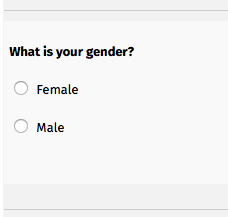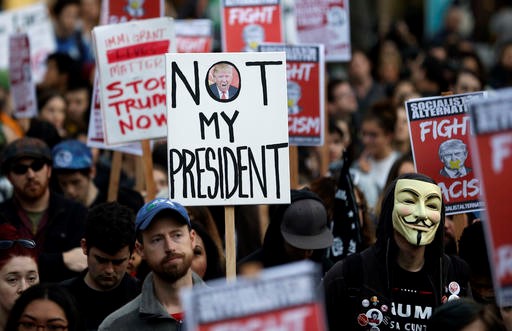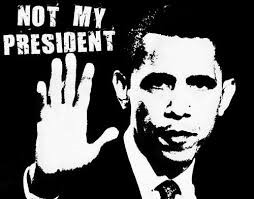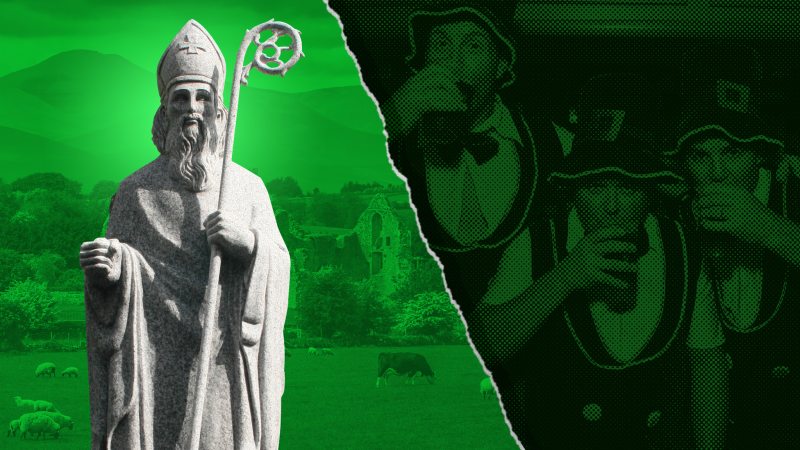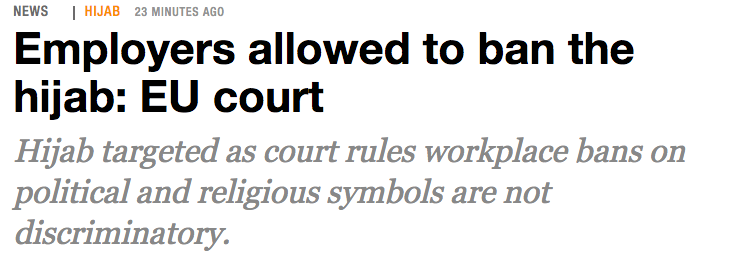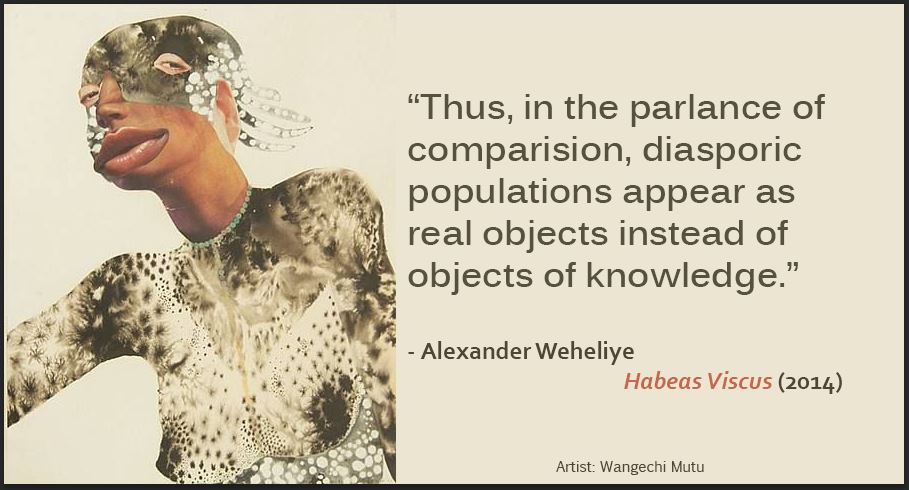
By Andie Alexander
I’m currently creating an index for an edited volume, and while I’ve repaginated an index before (for the new edition of a book), this is the first time that I have ever compiled an index from scratch. As I’ve been going through the book, I’ve been marking all of the important thoughts, people, theories, etc. Well, I say “important” not because those ideas and names are self-evidently interesting; after all, who would think that Ebenezer Scrooge or the recent Disney⋅Pixar film Inside Out would be among the indexed items for an edited volume in religious studies?
Much like the above etymological definition of “index” suggests, indices (or rather indexers — i.e., me), to be more precise, do “discover,” “point out,” and “disclose” information to their readers. That is to say that indices are neither self-evident nor neutral descriptors of a book’s contents. For what would a neutral descriptor even be? The number of times a word appeared? Well no, because apart from the word “the” making an extraordinary number of appearances, even doing such a word count seems to privilege quantity of word usage over the general argument those words are making. That said, indices are anything but neutral and are themselves, by nature of being a human production, very much situated and, yes, biased (they have a viewpoint). So for me, the indexer, to compile a list of what I and those editing the volume deem relevant for the work, I must have a certain understanding of the argument of the book to determine whether Ebenezer Scrooge is worth including in the index — worth offering to a reader as a hint of more to come. That is, in selecting people, places, and ideas for the index, I have to consider which ones I think best direct and support the arguments, theories, and e.g.s of the volume. Continue reading “Indexing As Meaning-Making”




